Coffee, Cocktails, and 5 More Drinks That Are Dehydrating
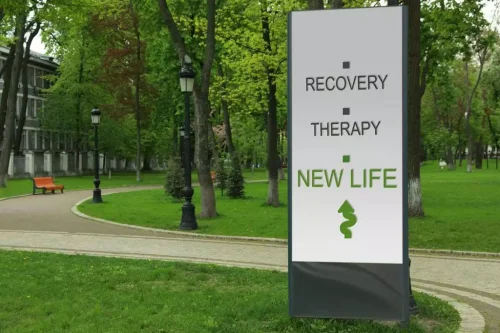
To stay hydrated, a person needs to take steps before, during, and after alcohol consumption. Alcohol restricts blood vessel dilation and increases heart rate, which explains why drinking can cause arrhythmia and elevated blood pressure. Heavy drinking will cause dehydration, no matter what preventative strategies you are using. Occasional alcohol-related dehydration tends to manifest in symptoms commonly known as a hangover and can typically be managed without medical attention.
Alcohol Does Dehydrate You. Here’s What to Do About It
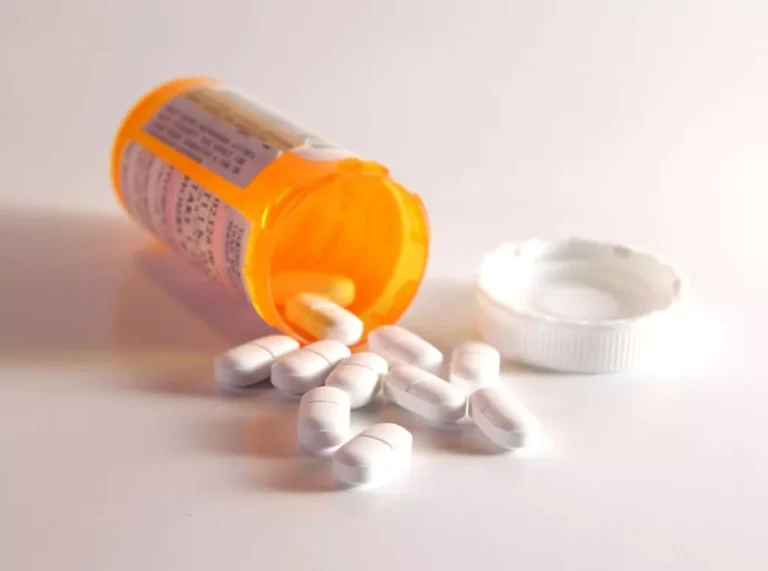
Most sodas contain caffeine and have a high sugar content, both of which have dehydrating effects. Proper hydration is essential for the body to function correctly. While most drinks and high-liquid foods will provide water for the body to use and stay hydrated, some drinks may act as diuretics having the opposite effect. Dehydration may also impair blood sugar response in some, such as those with type 2 diabetes. Research from 2017 found that people with diabetes who had 3 days of low water intake had an impaired blood glucose response.
- Alcohol functions as a diuretic, meaning it makes you urinate more, leaving less fluid in your blood and potentially leading to dehydration.
- Alcohol can even get into the lungs and be released when you exhale.
How do you rehydrate after drinking alcohol?
In addition, many people consume alcohol in the form of mixed drinks, which often have significant amounts of added sugars that can exacerbate water loss and worsen alcohol-related dehydration. Diet sodas typically contain artificial sweeteners such as aspartame, sucralose, and saccharin, which have mild diuretic effects and, if combined with caffeine, can contribute to considerable water loss and dehydration. Research from 2017 indicates that low levels of caffeine ingestion do not cause dehydration. Participants who consumed over 500 milligrams (mg) of caffeine daily showed disruptions in fluid balance from the diuretic effects of coffee.
Symptoms of dehydration
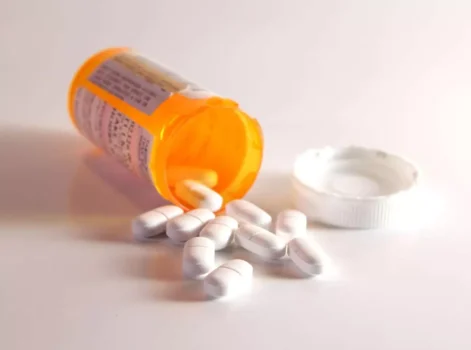
Furthermore, differences in the cumulative urine output between AW and NAW, and between S and W, were present from 2 h onwards. Previous studies support these results, showing that differences in the urine output appear only 1–2 h after beverage intake 14,17,18,19,20,21,22. However, the differences in the cumulative urine output between AW and NAW, and between S and W, were not significant at 24 h. This is in line with a previous study that demonstrated that ethanol (1.2 g/kg) caused a diuretic effect during the first 3 h, but an antidiuretic effect 6 h after intake 23.
What Type of Alcohol Dehydrates You The Least?
Alcohol works as a diuretic largely because it suppresses the release of a hormone called vasopressin, which is also known as antidiuretic hormone. With less vasopressin in your system, the body excretes more water, which in turn causes you to pee more (2). Each of these can be a contributor to alcohol-related headaches, but dehydration is a close threat when partaking in any alcoholic drug addiction treatment beverage. Consuming water enriched with electrolytes is one of the most effective strategies to avoid dehydration. Pre-mixed isotonic sports drinks are becoming increasingly popular and are marketed as a health-promoting source of electrolytes to support optimal hydration.
- Thanks to alcohol’s ability to trip up your pituitary gland, you could lose more water through excessive urination than you would normally.
- This would suggest that strong (distilled) alcoholic beverages may provoke more dehydration than weak alcoholic beverages.
- One large study found excessive alcohol consumption is linked to accelerated facial aging.
- All urine samples were accurately weighed to the nearest gram on a calibrated scale (Sartorius 1203 MP, Sartorius AG, Göttingen, Germany).
- Similarly, taking certain medications, such as diuretics or antihistamines, can exacerbate alcohol’s dehydrating effects.
- Some of the most dehydrating drinks include sodas, fruit juices, sugar-sweetened drinks, caffeinated beverages, alcohol, and sports drinks.
- Liquor tends to have a much higher alcohol content and significantly less liquid than other alcoholic drinks, which can contribute to dehydration.
- Besides dehydration, alcohol can have other negative effects on the body.
Let’s go through some reasons why dehydration from alcohol may impact different people differently. If we’re experiencing any of these after excessive alcohol consumption, we could have alcohol dehydration, which can result in serious health consequences. When you lose too much water without properly replacing it, you become dehydrated. Dehydration can cause mild symptoms like headache, dry mouth, dizziness, and fatigue, or severe issues like damage to the brain, heart, kidneys, and even death (1). While water is one of the best drinks for hydration, drinking plain water without electrolytes can worsen dehydration. Avoid pre-mixed sports drinks and instead opt for a sugar-free electrolyte powder formulated with a potassium-to-sodium ratio of around 1,000 milligrams of potassium and 40 milligrams of sodium.
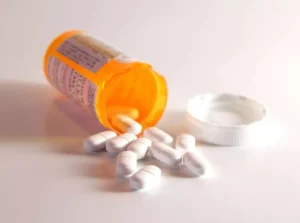
Although the kidneys remove waste products, most of the water loss is due to the effect of vasopressin. Primer is an important step in completing a proper set of acrylic nails. For other enhancements, you don’t need both a bonder and a dehydrator, but you should use one. We definitely recommend PH Plus over dehydrator because our Bonder is a more balanced and complete adhesion promoter. They prepare the natural nail surface with the end goal of better adhesion.
Monitor alcohol intake:
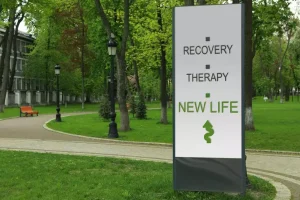
Having a few drinks can be fun, but feeling dehydrated or hungover is not. It’s up to you to decide if the pleasures of alcohol are worth the potential next-day effects. It is advised that you use a nail dehydrator with gel nails as your nails need to have as little moisture as possible for your gel nails to adhere to your nail bed.
2. Urine Output
Not only are fruit juices packed with sugar, which contributes to dehydration, but fruit juice also tends to lack electrolytes and is highly acidic, which can cause intestinal irritation in sensitive individuals. While it may seem counterintuitive, drinking water is not the best way to stay hydrated. The consumption of a cold soda may feel refreshing at first but likely will not satisfy a person’s thirst in the long run. If you’ve ever heard the term, “breaking the seal,” you know that alcohol has a diuretic effect on the body, meaning it causes you to urinate more frequently. The process is called diuresis, which on its own causes dehydration 1. I’ve spent the last seven years researching and understanding alcoholism, addiction, and how people get sober.

What happens if you only drink soda and no water?
In order to break this substance down and remove it from the body, your liver does most of the work of turning it into acetate. ELLE Collective is a new community of fashion, beauty and culture lovers. For access to exclusive content, events, inspiring advice from our Editors and industry experts, as well the opportunity to meet designers, thought-leaders and stylists, is alcohol a dehydrator become a member today HERE. Try not to let a good time and a long night get in the way of your evening regime.



Sin Comentarios
Lo siento, el formulario para comentarios está cerrado en éste momento,